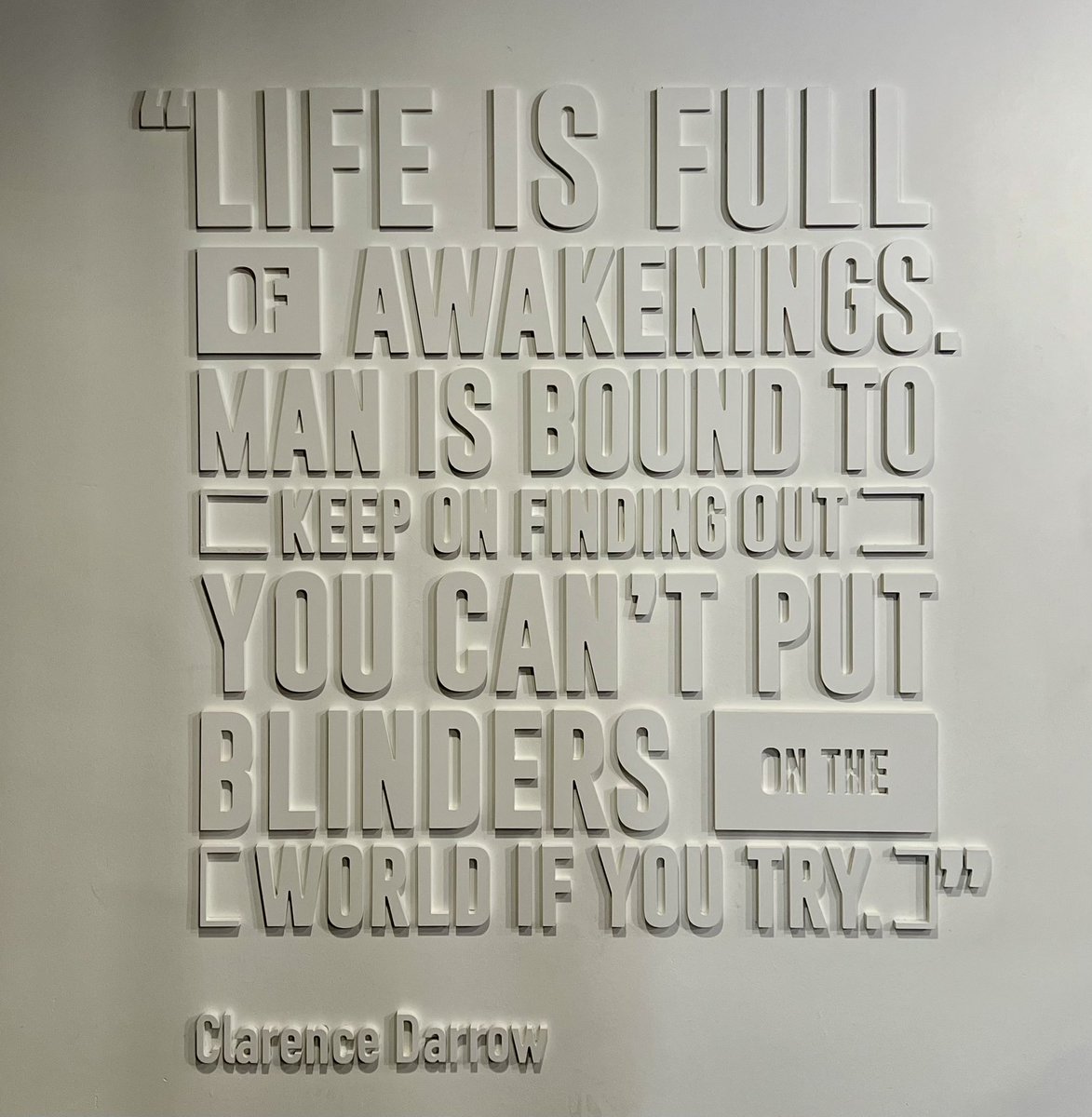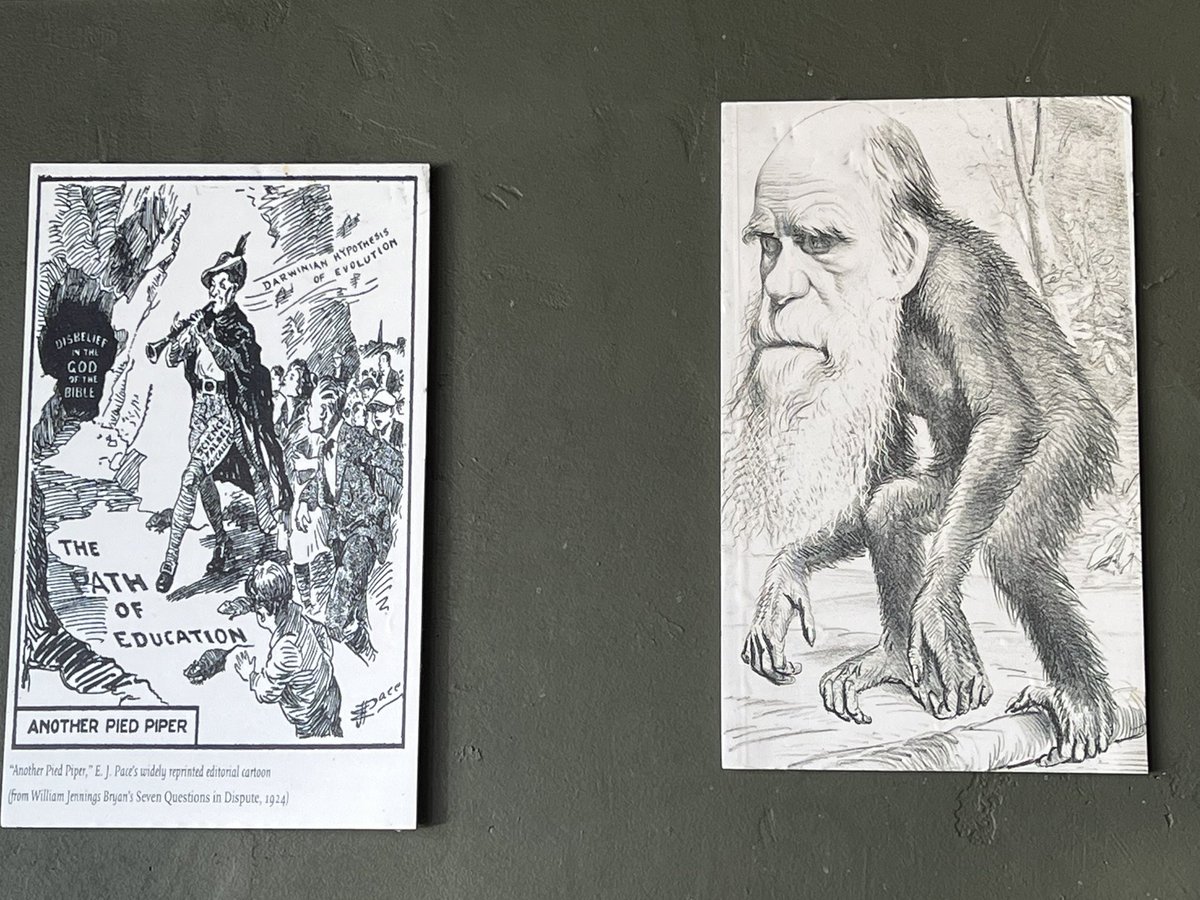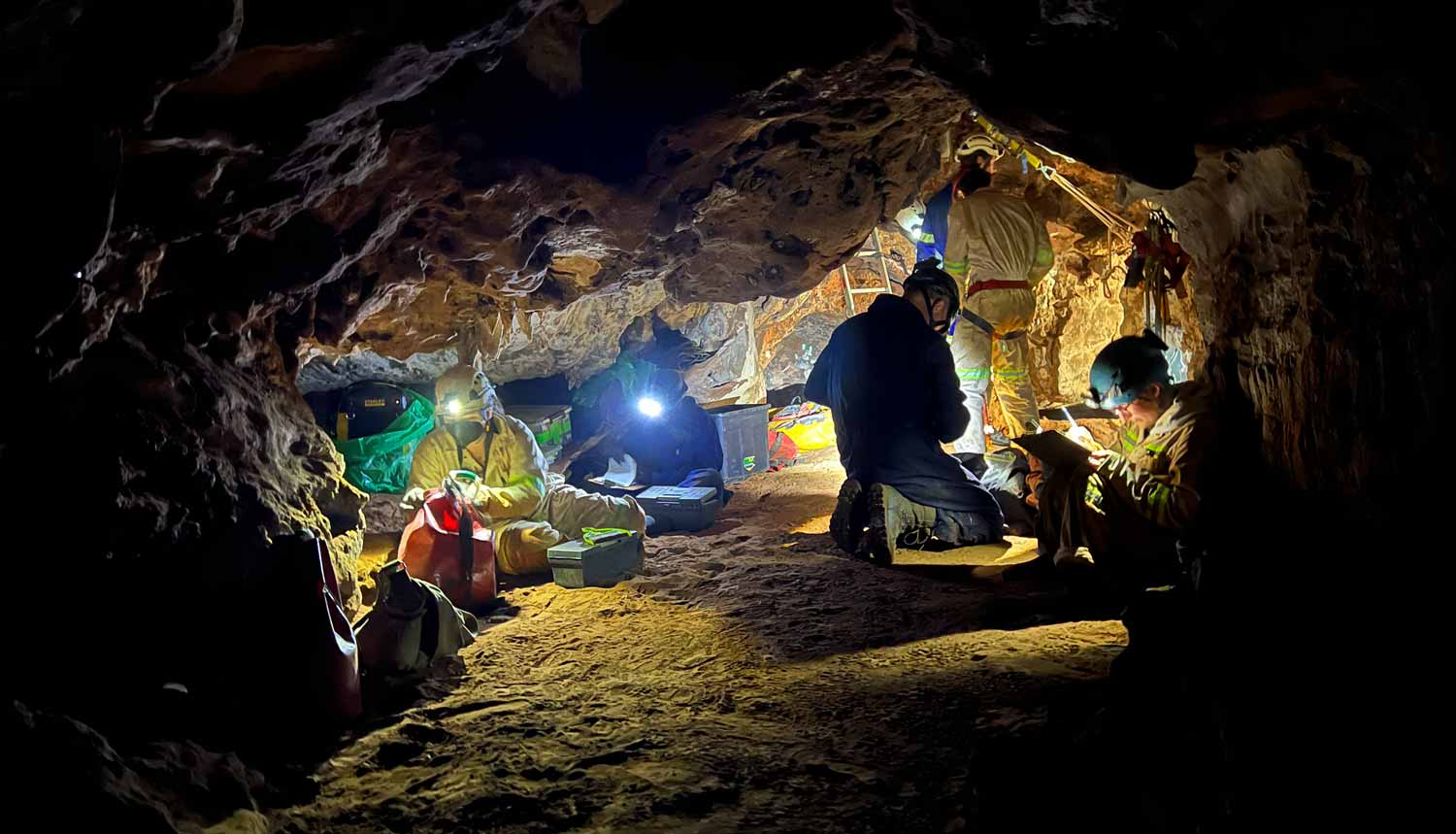
John Hawks
@johnhawks
I'm a paleoanthropologist. I explore human fossils and genomes to understand where we came from and what we share with our ancestors.
People eat food in many ways that may offend the palates of those who didn't grow up with their customs. Eating fermented or putrifying meat is common among traditional hunting societies but overlooked by many who study past hunters like Neanderthals. johnhawks.net/p/bizarre-food…
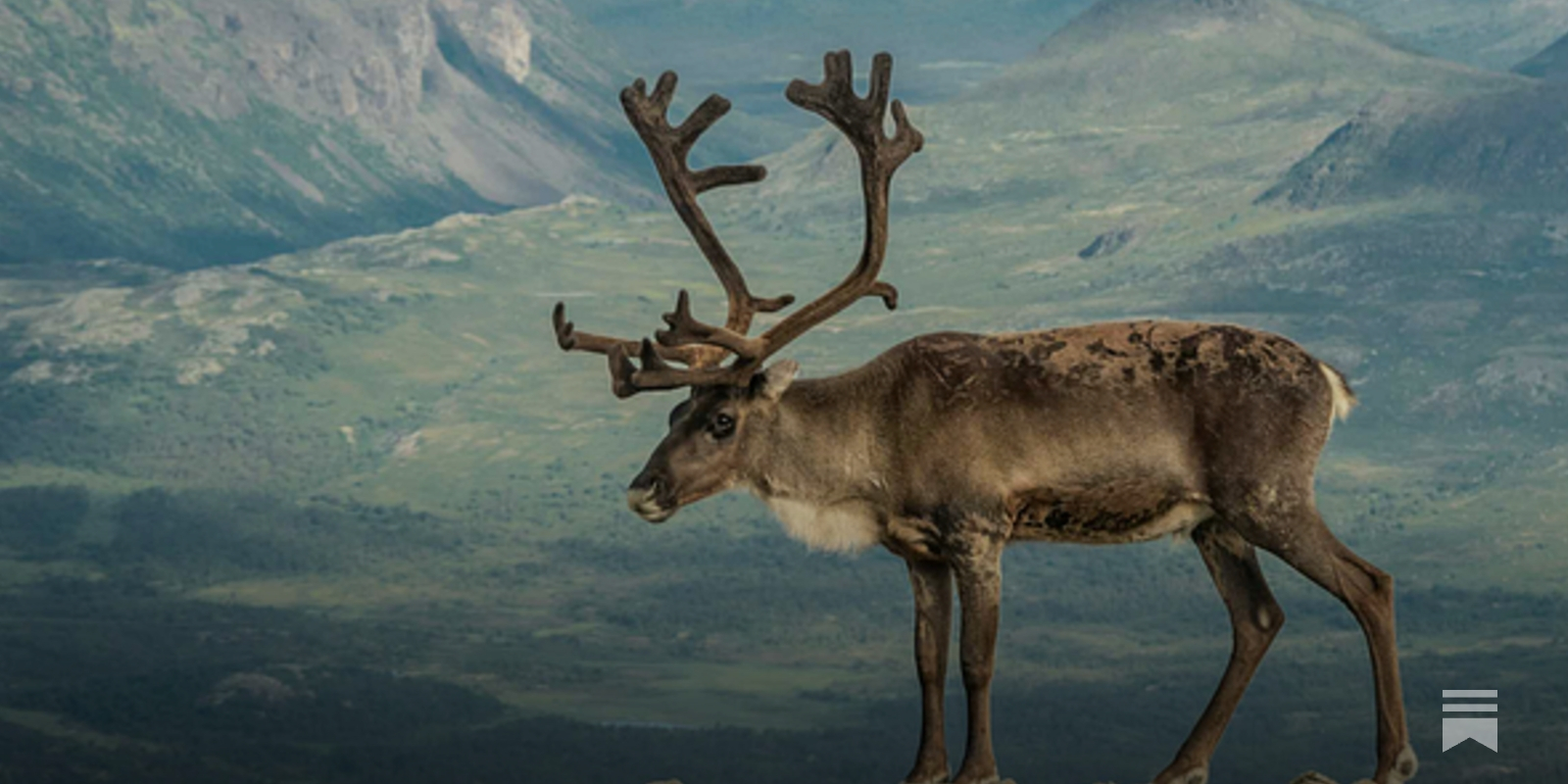
In 2022, we launched the Usambara Mountains Archaeology and Paleoecology Project (UMAPP) in Tanzania. With funding from the Max Planck Society, we set out to conduct the systematic survey of Stone Age archaeology in the region and collect baseline samples for paleo-proxy studies
“Yet with Neanderthals, I find that almost every win is secretly a loss. That turned out to be the case with hypercarnivory. One thing everyone seemed to agree on: Neanderthals were weird.” johnhawks.substack.com/p/bizarre-food…

“It’s really important that we don’t see science as being the playground of left-wing atheists.” It’s so important for “all tribes to be represented” in modern day science, says evolutionary biologist Ella Al-Shamahi.
Great longform piece by @evolutionscribe in @ScienceMagazine covering recent work at Kromdraai, Drimolen, and Swartkrans, South Africa—all adding to the record of Early Pleistocene hominins. Definitely the hotspot for human origins research today. science.org/content/articl…

Ignoring culture has been a major impediment to understanding the material record from deep time. But there are amazing prospects for changing this situation from Culture Last to Culture First. johnhawks.net/p/how-archaeol…

We need to focus on diet if we want to end the obesity crisis. And we need to focus on the obesogenic foods (UPF maybe?) while, hopefully, maintaining the availability of healthy calories. These aren't new ideas, but hopefully this paper helps clarify & amplify those efforts 9/
What are the relative impact of diet vs physical activity on the global obesity crisis? New paper out @pnas uses the DLW Database with 4000+ participants across 34 populations to investigate Obesity & Energy Expenditure Across the Economic Spectrum. Open access link below!🧵1/
My Scopes Trial retrospective continues: “Looking back at the 1920s, this era unquestionably offered a weird landscape of ideas about how humans evolved. Yet this look at the past offers some lessons that resonate in today’s world.” johnhawks.net/p/human-origin…
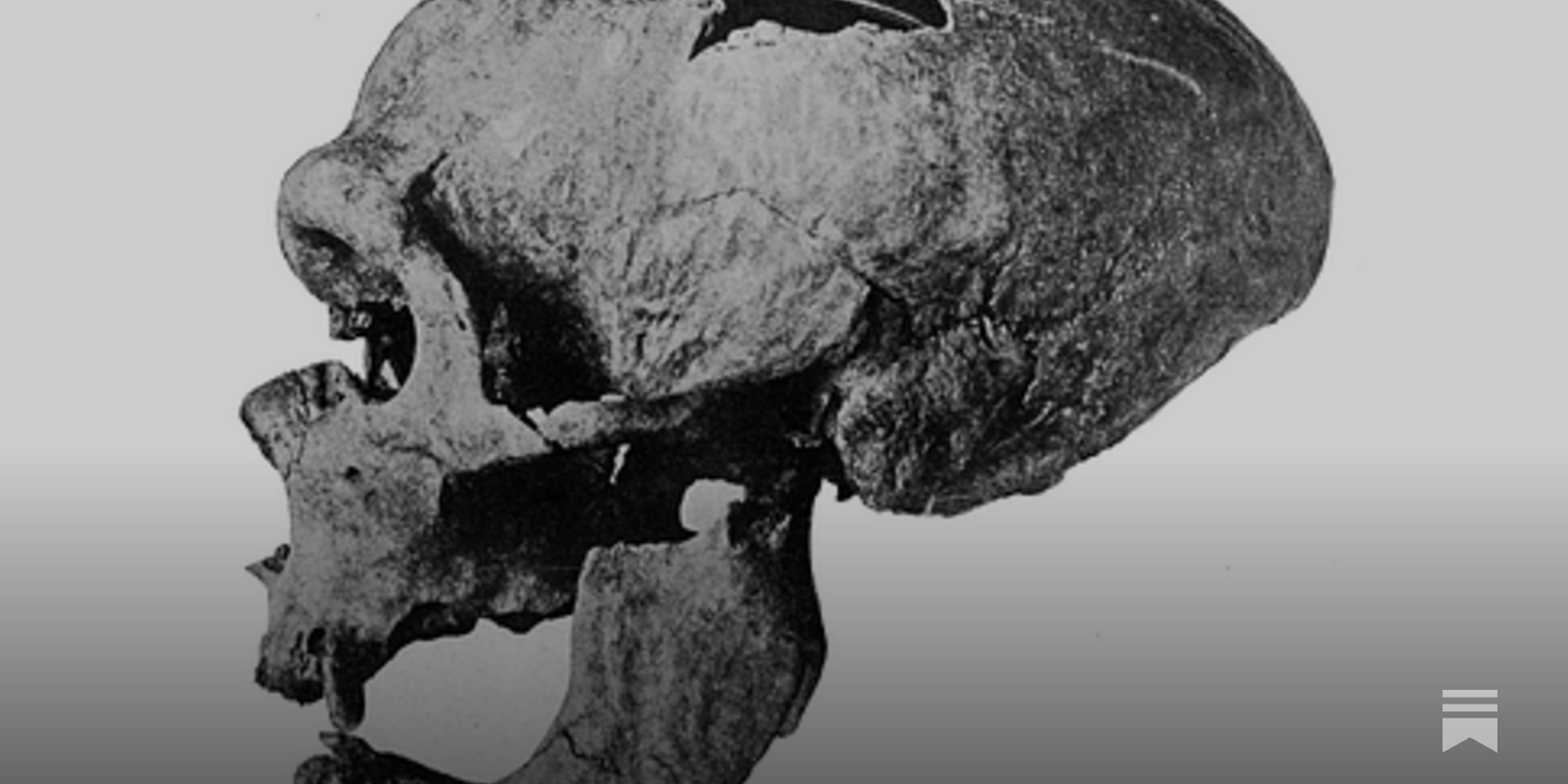
We haven’t talked much about the Lefika la Noka tufa site, a truly unusual site I rediscovered in 2008 just before discovering Malapa. Its unusual because it’s a tufa site made of millions of plant fossils dating back hundreds of thousands of years. A literal time capsule of the…
Brilliant day yesterday working through the amazing fossils of other animals (besides the hominins) from Malapa. Wits University has one of the best comparative collections of skeletons of African mammals.
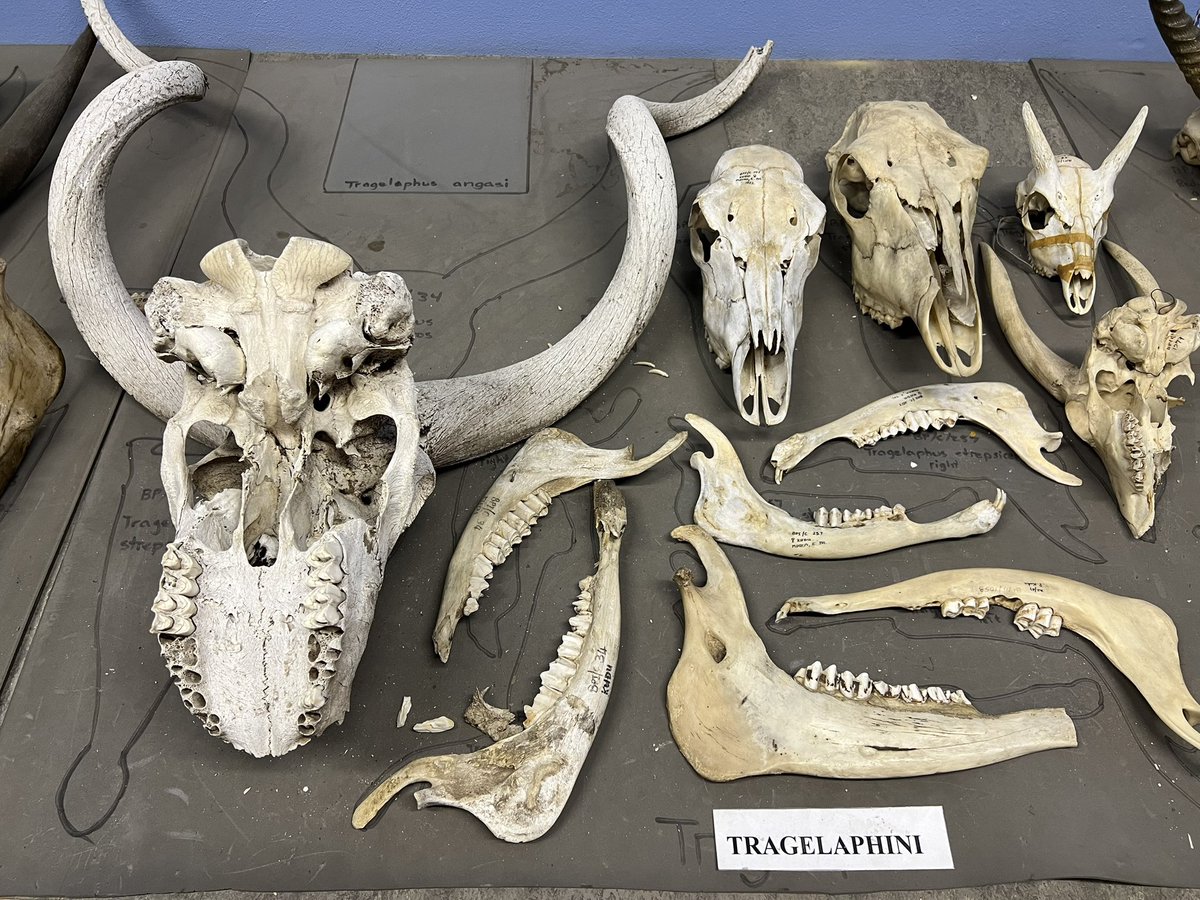
“It is a tragedy for science if we ignore these places, and it’s a tragedy for the people in those places if they feel they can’t become scientists. We’re poorer for it.” observer.co.uk/news/science-t…

“Paleoanthropology is not a discipline in which novel ways of viewing the world gain early acceptance”—William Kimbel
Great to see the preprint on wooden artifacts from Gantangqing, China, come out in @ScienceMagazine . I reviewed these with other great sites with wooden artifacts last year! johnhawks.net/p/four-stone-a…

I have two students at this moment looking for simple linear measurements on a hominin skeleton that was published in @ScienceMagazine a while ago, and the measurement table has no measurements! I told them I’m sorry they had to find out this way about researchers who hide data.
